Talking to CNBC this morning, Gawker chief Nick Denton gave a robust and thoughtful defense of the site's so-called "outing" of hedge fund billionaire and Paypal co-founder Peter Thiel who has been waging a ten-year war to bankrupt the website, telling the hosts that it amounted to a kind of prejudice to shield Thiel's sexuality, particularly given that his sexual orientation was widely known in Silicon Valley at the time. Thiel, who admits funding Hulk Hogan's lawsuit against the site for posting a sex tape, was like "a Count of Monte Cristo revenge fantasy for billionaires" said Denton, who appears to have been energized by revelations of Thiel's plot.
Although the Gawker founder admitted regret for publishing certain stories in the past, including a widely-pilloried bit of tittle tattle about Conde Nast CFO David Geithner, he insisted that a 2007 story titled "Peter Thiel is totally gay, people," was not one of them. In fact that story, written by Owen Thomas, a gay editor, used Thiel's sexual orientation to critique the insidious homophobia of venture capitalism. "The clubby ranks of VCs are mostly straight, white and male," Thomas wrote at the time. "They instinctively prefer entrepreneurs who remind them of themselves. At best, it's a wrongheaded sense of caution. At worst, it's prejudice with a handy alibi." The article suggested that Thiel's sexual orientation explained his disdain for convention, and closed by saying, "That's why I think it's important to say this: Peter Thiel, the smartest VC in the world, is gay. More power to him."
Despite the encomium, it seems the seeds of Thiel's vendetta were planted then. Although Denton, who is also gay, claims Thiel's sexual orientation was widely known in Silicon Valley, perhaps Thiel--then aged 40--wasn't yet out to his mother, or maybe he just wanted to preserve his business interests in the Middle East. Whatever the reason, Thiel has been on a mission ever since: Gawker or bust. If the Hogan verdict is not reversed, Thiel may yet end up owning the site he has vowed to destroy. Thiel told The New York Times that deterrence not revenge was his goal, but what kind of deterrence? To deter the press from writing about billionaires like him? That's the case that Denton is making. "We believe that so much of the press, especially in a place like Silicon Valley, is acquiescent to power and money... and we absolutely push the boundaries," he told CNBC. If Thiel really cared about the public interest, argues Denton, then he would establish a legal defense fund to ensure that anyone, regardless of means, could afford to seek redress in the courts.
In some ways it's remarkable that in 2016 we're still having a conversation about the rights and wrongs of outing. Now that marriage equality is the law of the land, shouldn't we be getting beyond that? For Denton there is a principle at stake. When media outlets collude in helping a gay man or lesbian to pass as heterosexual they are reinforcing the idea that homosexuality is shameful. "If being gay doesn't matter why on earth maintain this code of silence around their sexual orientation in a way you would never do for a straight person," he said on CNBC. "I think it's actually prejudice."
As an example of how LGBT relationships are diminished and erased by the mainstream media, he took to task The New York Times for a startling discrepancy in the paper's obituary for Susan Sontag in 2004. "The New York Times, when Susan Sontag died, did not even mention the fact of her relationship with Annie Leibowitz as if it was going to be an infringement. It was a fact that was widely known, it was an important feature of her life, and for us to pretend that it does not exist is shameful."
On that, we might all be able to agree.


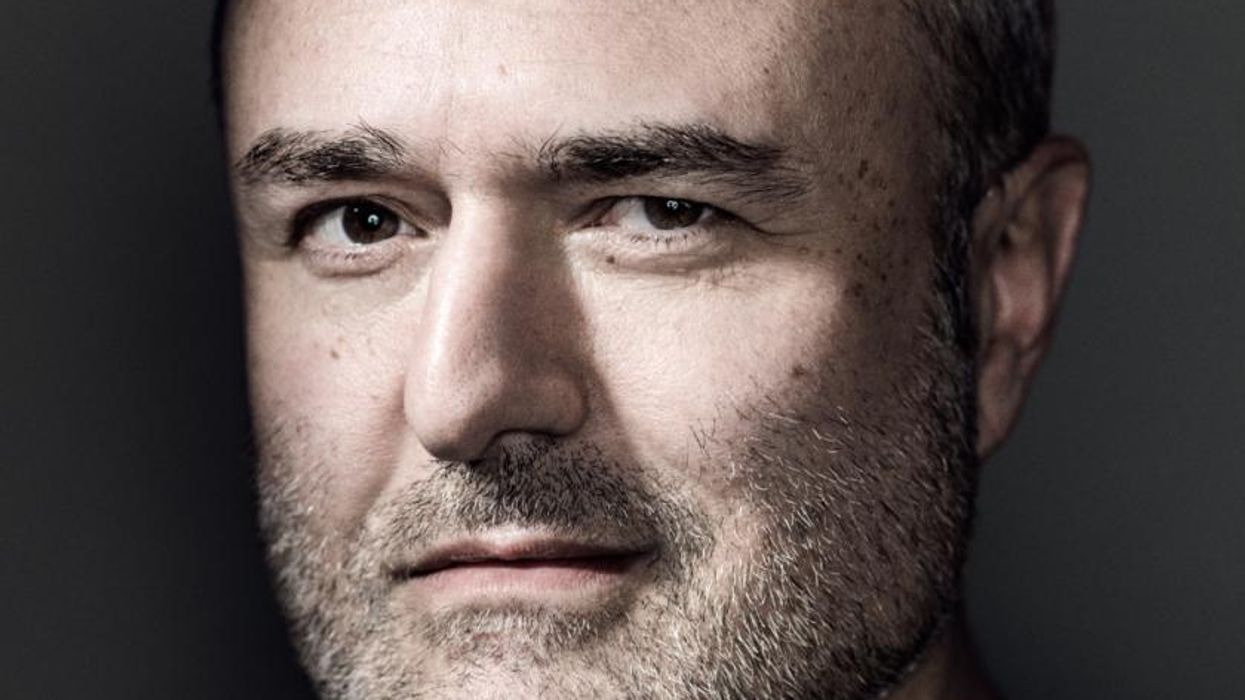
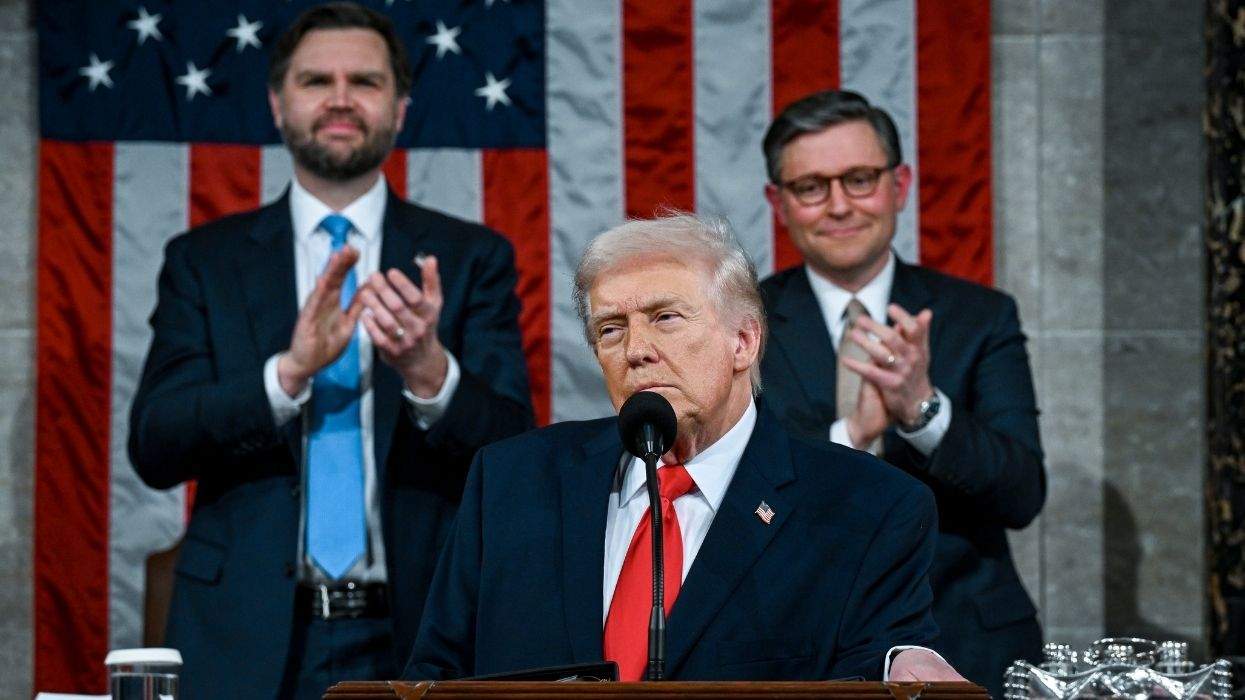
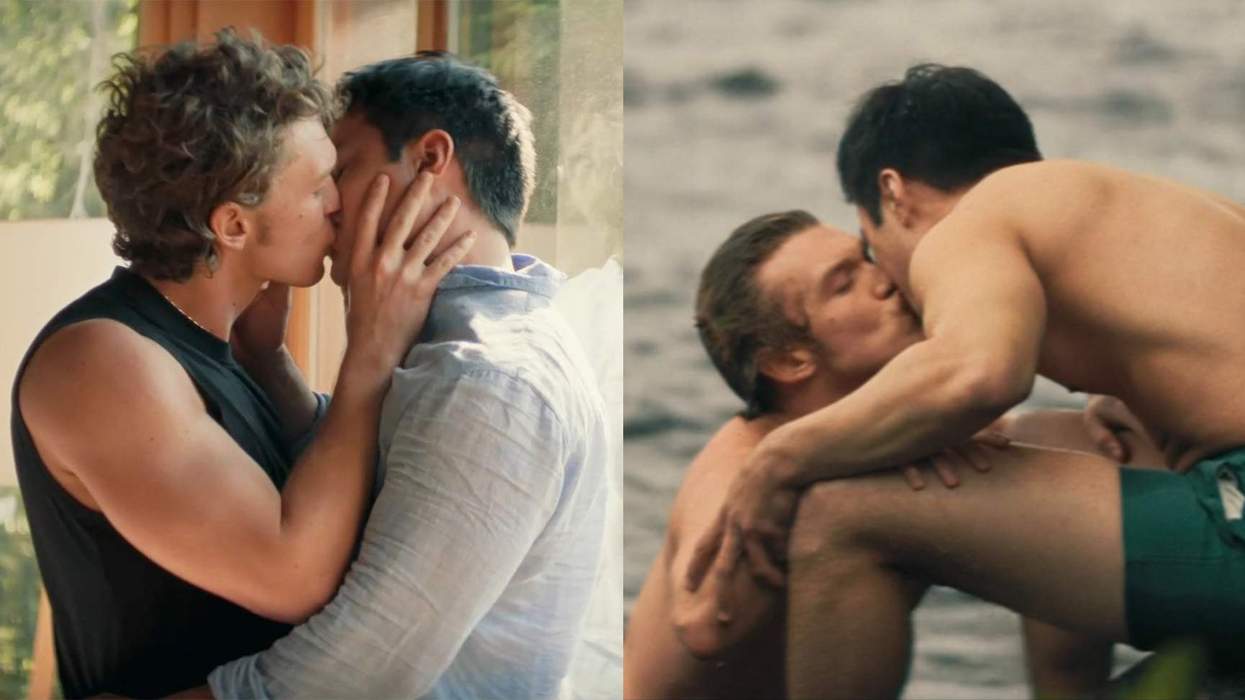
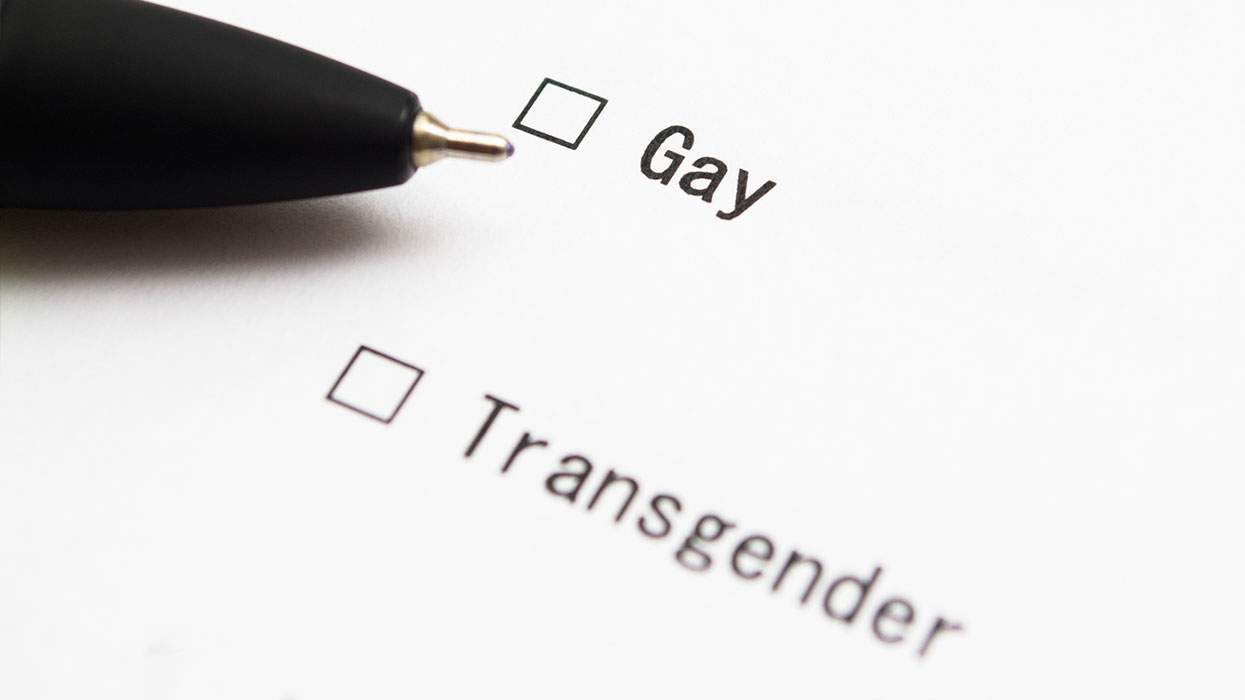










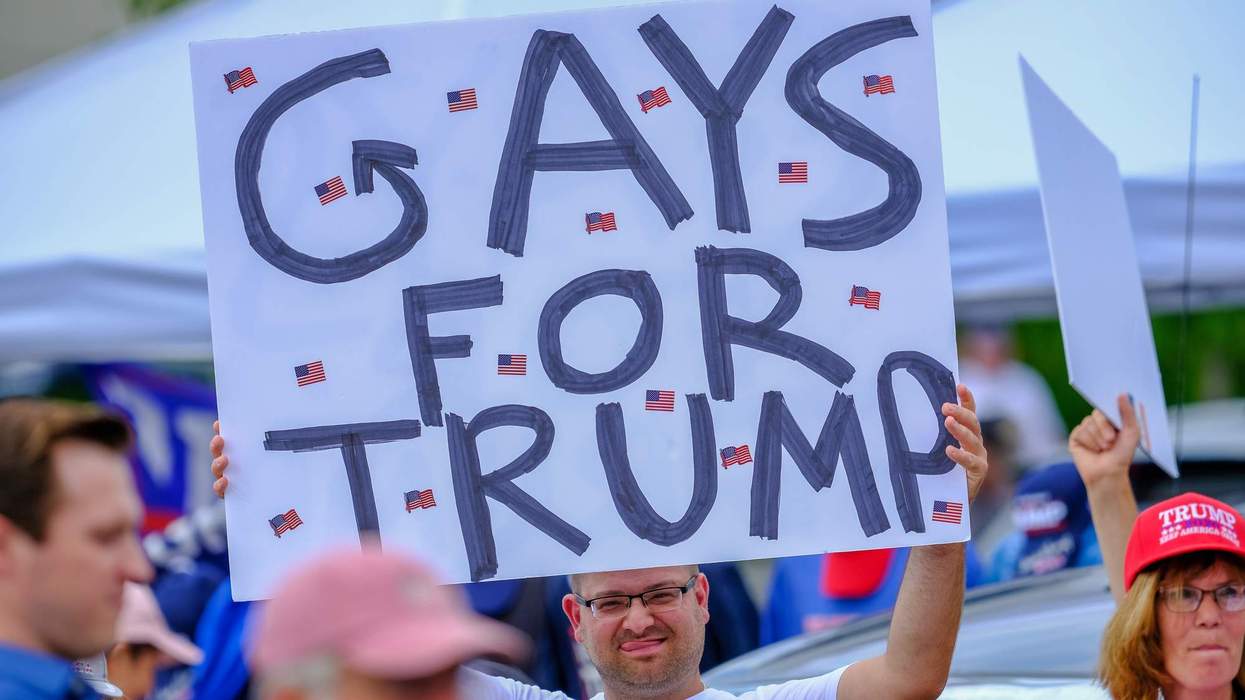













Stand up to Trump's SOTU attack on trans kids
Opinion: The president's demonization of trans youth in his State of the Union requires a concerted pushback in school boards, family conversations, workplaces, and everyday speech, writes contributor Josh Ackley.